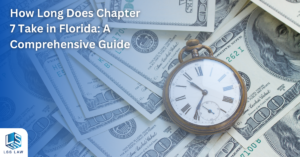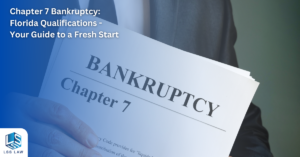Many students had paid for classes upfront and are left unsure how they will either finish their education or recoup their losses. The school’s bankruptcy filing listed many of the enrolled students as creditors. Some of the students hope to obtain representation and file a class-action civil suit against the school.
When a company files for bankruptcy protection, the court ranks its creditors in order of importance to decide who gets paid. Depending on the type of filing a company has made, you may or may not get paid. Chapter 11 is a debt restructuring that prolongs payment, but creditors may eventually get paid. Chapter 7 is a total liquidation, and in that case, when the money is gone, nothing else can be done unless you are willing to file a lawsuit against the debtor.
When you pay money to a business that then files for bankruptcy, you are considered an unsecured creditor. This low ranking puts you behind others already in line to be paid, such as workers of that business or banks that have extended credit to that company.
The only recourse most people will have is if they made their purchase with a credit card. Then, they can dispute the charge with their credit card company. Here are a few ways you can protect yourself from losing money in bankruptcy by a business you frequent:
- Don’t pay upfront for goods
- Keep any deposits small
- Confirm delivery time before paying a deposit
- Always pay by credit card
- Redeem gift vouchers or store credit quickly
Please keep in mind that every case is different, so if you are thinking of filing bankruptcy, and would like to schedule a no-cost consultation, please contact us by completing the form on this website or calling us at 954-466-0541.









